This year and next year we're going to put a special emphasis on dragonflies and damselflies. Our goal with your help is to find as many species as possible at Goose Pond, Erstad Prairie/Schoenberg Marsh, and Otsego Marsh.
Could you help us search, identify, and tally them? This is an independently completed citizen science project. Details and guidance are below!
Photo by Graham Steinhauer





